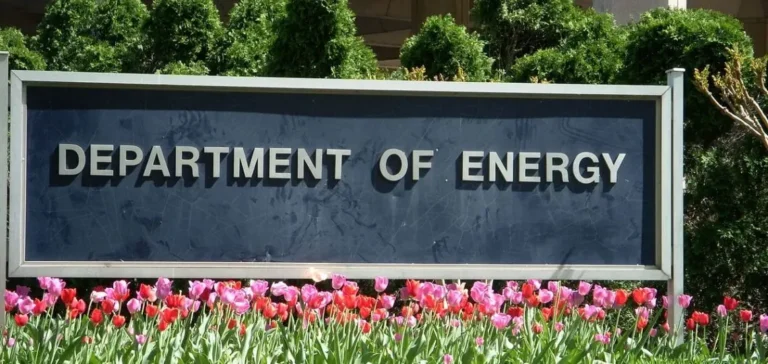The US federal government has selected eleven companies for a pilot programme to design and test small modular nuclear reactors on domestic soil. The United States Department of Energy (DOE) stated that the goal is for at least three of these units to achieve criticality by July 4, 2026.
The selected companies include Aalo Atomics, Antares Nuclear, Atomic Alchemy, Deep Fission Inc., Last Energy, Oklo, Natura Resources LLC, Radiant Energy, Terrestrial Energy, and Valar Atomics. They will fully fund the design, manufacturing, construction, and decommissioning of their reactors. This financing model aims to limit the State’s financial exposure while accelerating the deployment of new nuclear technologies.
A programme driven by the presidency and streamlined legislation
The project stems from executive orders signed by President Donald Trump in May 2025, allowing the DOE to directly issue authorisations for experimental reactors without passing through the United States Nuclear Regulatory Commission (NRC). According to Deputy Energy Secretary James Danly, this initiative represents an industrial “mobilisation,” adding that “the Department will do everything in its power to support these companies’ efforts.”
The surge in energy demand, driven notably by the growth of artificial intelligence and data centres, is prompting this acceleration. Small modular reactors are seen as potentially more competitive in cost per megawatt, due to their modularity and the possibility of serial production in factories.
Persistent industrial and regulatory hurdles
Despite the easing of some procedures, several challenges remain. The absence of factories capable of producing the necessary components, along with the supply of high-assay low-enriched uranium (HALEU), are critical issues. This fuel, required for certain advanced models, is currently produced in limited quantities and only in a few countries.
To date, only China and Russia have commercially operating small modular reactors. The United States is therefore seeking to close the gap while diversifying its national energy mix. The project could also serve as a new technological showcase internationally, as competition intensifies in the civil nuclear market.
Competition between energy sectors in the US market
On the same day, Danish developer Ørsted announced a $9.4bn capital increase to stabilise its position in the US offshore wind sector. This move, described as a “proactive measure” by the company, reflects growing uncertainties surrounding certain renewable projects. By comparison, nuclear energy could appear to be a more stable short-term option for some investors.






















